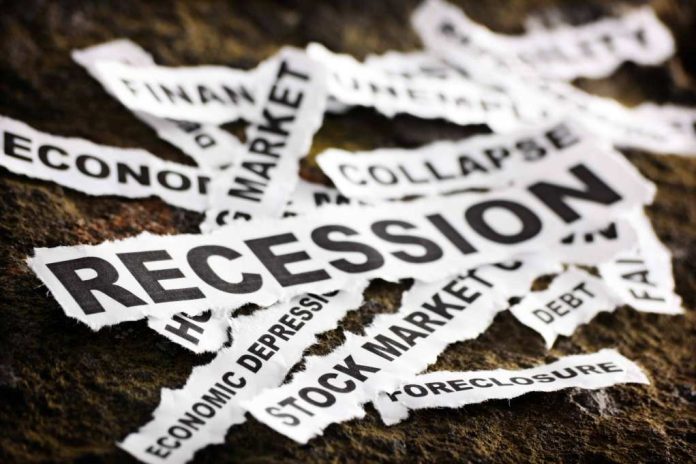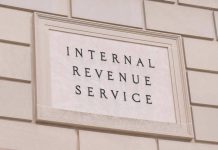
The economy can be hard to understand and keep up with. However, it is important to know about the economy because it can make a world of difference in how you manage your finances. The economy can go through different phases. One phase, in particular, is a recession. A recession is a period of time where there is a decrease in economic activity that lasts for over a couple of months. During a recession, you can generally see:
- Higher unemployment rates
- Less consumer spending
- Less manufacturing
- Other examples of lowered economic activity like reduced production of goods
Tips for Handling a Recession When You’re Low-Income
When a recession happens, it can be stressful, especially when you are low-income. It is important to make sure you understand some tips that may help you. Some tips that are worth keeping in mind include:
- Understand Your Budget
- Get Together an Emergency Fund
- Change Your Lifestyle and Live With What You Have
- Look for Extra Income
- Be Mindful of Your Credit Score
Understand Your Budget
One of the most important tips on this list is to make sure you understand your budget. This will help you understand your finances so you know what you’re working with. It’s simple to do this. First, you will want to look at the money you bring in every month. If you work 40 hours a week within four weeks at $13/hour, then your gross income is $2,080. This amount will be different once taxes are taken out, but just to get a general idea, you will want to know the basics.
Once you know your income, you will want to review your expenses. This means making sure that you know what you are spending your money on. You will have your necessary bills like rent, a car note, etc. However, there may be unnecessary purchases that you spend your money on like nail appointments, buying makeup, going out to eat, and more. Now that your income and expenses are listed, you can have a clear understanding of your budget and where you need to focus your efforts!
Get Together an Emergency Fund
An emergency fund can be the support you need if you fall on even harder times than what you’re currently dealing with. During a recession, it can be hard to have a consistent source of income. This is even more difficult when you still have the same amount of expenses to deal with. That is why you want to work towards having an emergency fund. A good number to aim for is when starting off. However, eventually, you will want to aim to have between three to six months of your expenses saved up. It is important to make sure you have a clear understanding of your finances.
Change Your Lifestyle and Live With What You Have
When managing your finances, it’s important to live within your budget. It’s especially important to do this during a recession and if you’re low income. You want to make sure that you keep to the basics. For example, once you write out your budget, let’s say you spend $200 a month on eating fast food. Fast food is not a necessary expense, which means you can cut it out. By reducing how much you go out to eat, you can save that money every month. That money saved can either go towards bills or building your emergency fund!
Besides figuring out what expenses to get rid of, you will want to try to minimize your current expenses as well. You may be able to save on your everyday bills. Some tips to keep in mind that can help you save every day include:
- Compare insurance quotes to make sure you are getting your coverage at the best price
- Use coupons when shopping at the grocery store
- Choose where to pump gas carefully
Look for Extra Income
If you are low-income, then you may benefit from seeking extra income. You can do this by getting another job. Luckily, a lot of jobs have flexible schedules so you can do them around your own time. For example, if you choose to walk dogs, you can do so at a time that works for you. Not only is getting some extra income good in the short-term, but it can also help in the long-term as well. The skills you gain from your extra income source could help you in the future!
Be Mindful of Your Credit Score
Your credit score is an important part of your financial health. This score is what lenders use to determine how you are as a borrower. It can be easy to ruin your credit score if you make mistakes. You will want to keep these five factors into consideration when it comes to your credit:
- Payment history
- Credit utilization ratio
- Length of credit history
- Variety of credit
- New credit
While these five factors can impact your score, one of the most important factors is your payment history. Lenders can easily see how you repay your debts. As a low-income individual in a recession, you may find it especially difficult to keep up with your bills. You should be mindful of keeping your credit score in good standing to the best of your abilities. Having a good credit score can make it easier to get housing and financing with more affordable terms.
Overall
Dealing with a recession can be stressful, especially when you are low-income. Luckily, it doesn’t have to be as stressful as it may seem. You will want to keep in mind the following tips if the economy is going through a recession:
- Understand Your Budget
- Get Together an Emergency Fund
- Change Your Lifestyle and Live With What You Have
- Look for Extra Income
- Be Mindful of Your Credit Score
You may be surprised at how effective these tips may be when it comes to managing your finances.




























